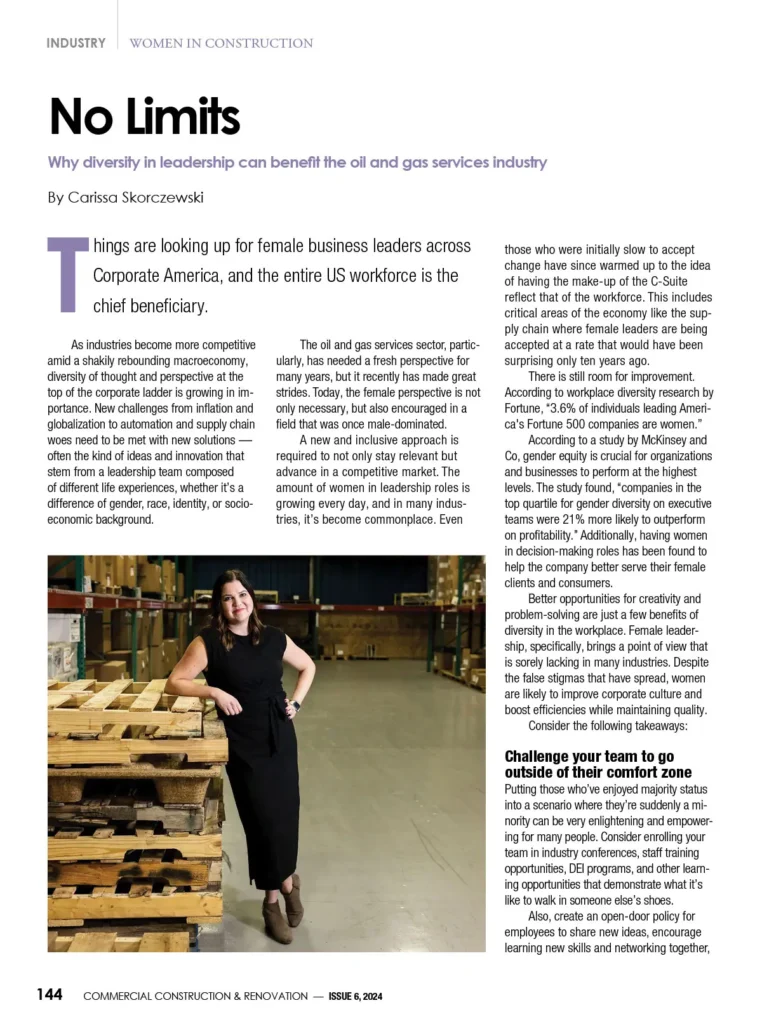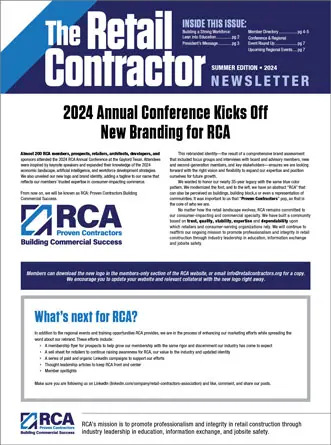Construction sites are notorious for producing large amounts of debris, and unfortunately, these piles can linger long after the construction is complete. From lumber to sandbags, concrete, bricks, tiles, paints to metal studs, the pile gets bigger surprisingly and can be an eyesore and a safety hazard. Contractors inevitably find themselves with the task to get rid of construction debris, but thankfully there are some tips and tricks for making the process as smooth as possible.
1. Hire a junk hauler
The urge to declutter and remove construction debris can be overwhelming, but it’s essential to take a step back and consider whether or not you have the time and resources to do it yourself. If the answer is no, your best bet is to hire a junk hauling company. Not only will they have the manpower and equipment necessary to get the job done quickly, but they’ll also be able to dispose of the debris properly.
Don’t let the debris pile up too much – schedule regular pickups, so it doesn’t get out of hand. For sites with limited space, on-demand construction clean-up can be a lifesaver. Furthermore, some companies offer discounts for large-volume hauls, so it’s worth considering this option if you have a lot of debris to remove.
2. Rent a dumpster
Renting the right dumpster is another vital step in the construction debris removal process. You’ll want to ensure that the dumpster is big enough to accommodate all the debris but not so big that it’s a waste of money. You can schedule a dumpster rental for a set period or on an as-needed basis, and the company will deliver and pick up the dumpster.
Keep in mind that you need to make sure you let the dumpster company now what material you’re disposing of to get an accurate quote. Concrete removal has different requirements then demolition dumpsters, landscaping dumpsters and other construction waste.
You will have to find a place to put the dumpster and be responsible for loading it up. Some companies restrict what you can toss in the dumpster, so ask about those before renting. Additionally, be mindful of where you place the dumpster, so it doesn’t block walkways or driveways.
3. Recycle and reuse appropriately
When it comes to construction debris, not everything has to go in the dumpster. Many items can be recycled or reused. Wood pallets, for example, can be taken to a local recycling center. Bricks and concrete can also be recycled – check with your local waste management company to see if they have a program for this.
You may also consider reusing some of the construction debris on-site. For example, if you have a large pile of sand, you could use it to fill in low spots in your yard. Old bricks can be used to create a border around planting beds. Sheetrock and wood scraps can be used as mulch or compost.
4. Donate when possible
In some cases, you may be able to donate construction debris and materials instead of throwing them away. For example, if you have a bunch of unused paint, you can donate it by taking it to a local paint store. They may be able to recycle the paint or give it to someone in need.
Construction materials that are useless to you may be exactly what someone else is looking for. Listing items on Craigslist, Facebook Marketplace, or local Buy/Sell/Trade groups can help you find a new home for construction debris, and it’s a great way to keep items out of the landfill.
5. Properly dispose of hazardous materials
Some construction materials can be classified as hazardous, and these items need to be disposed of properly. This includes things like paint, oil, solvents, cleaning chemicals, light bulbs, batteries and air conditioners. Check with your local HVAC company to see if they have programs for HVAC system disposal. Many local waste management companies have special programs for disposing of these items, so check with them before you toss them in the dumpster.
6. Haul it Yourself
If you have a truck or trailer, you may be able to haul the construction debris yourself. This is usually only an option if you have a small amount of debris, as it can be time-consuming and physically demanding to haul it all away. You’ll also need to find a place to dispose of it, which may mean making a few trips to the dump.
For this option to be feasible, you’ll need to factor in the cost of renting a truck or trailer and the price of dumping the debris. If you have access to a free truck or trailer, and you can dispose of the debris for free, then this option could save you some money.
Conclusion
Contractors are obligated to clean up their job site to avoid violating local ordinances. If you are a homeowner and have hired a contractor for a home improvement project, it is important to know how they will dispose of the construction debris before signing a contract.
There are several options for disposing of construction debris, and the best choice will depend on the type and amount of debris and your budget. The most common options are renting a dumpster, recycling/reusing materials, or hauling them away yourself. Factor in the cost of each option and the amount of work involved to choose the best option to get rid of construction debris.








 The 2024 virtual Men’s Round Table will be held Q4, 2024, date TBD.
The 2024 virtual Men’s Round Table will be held Q4, 2024, date TBD.












